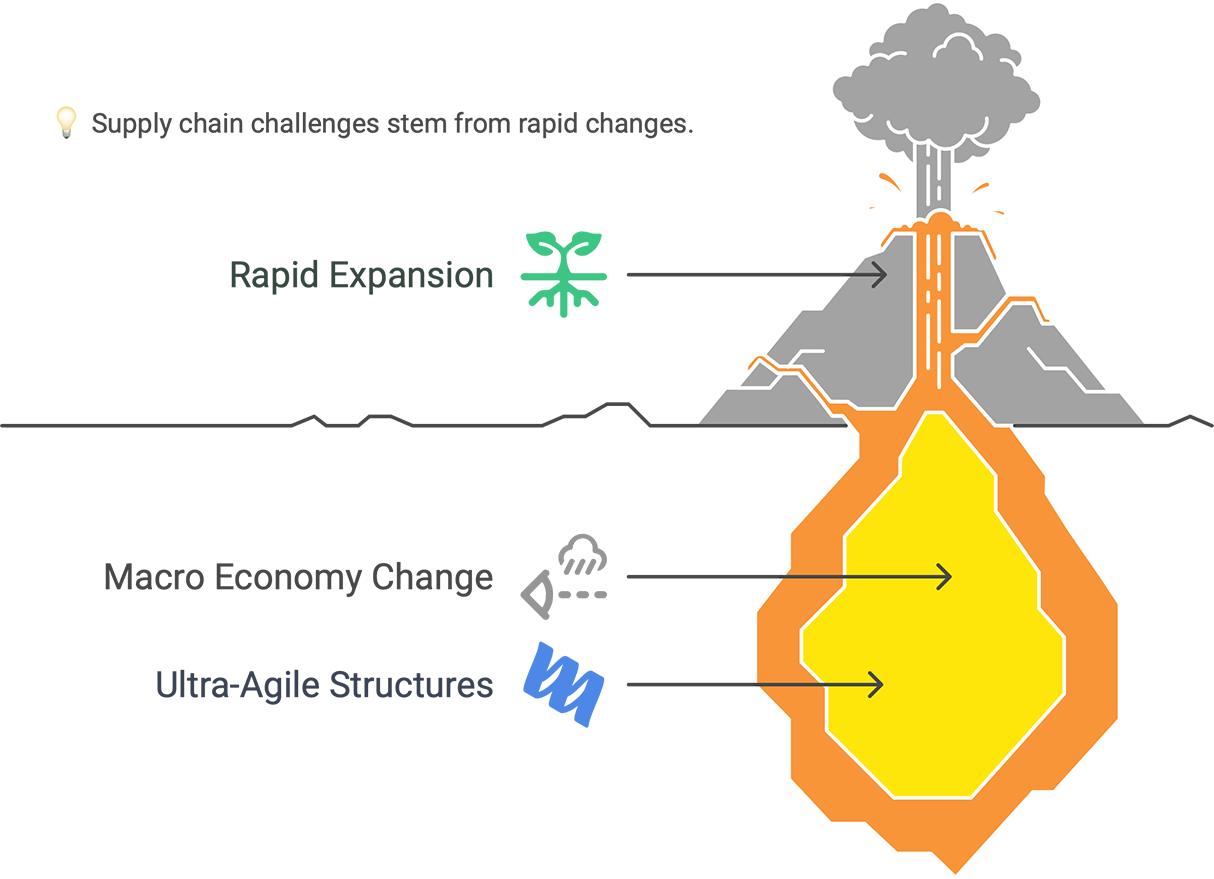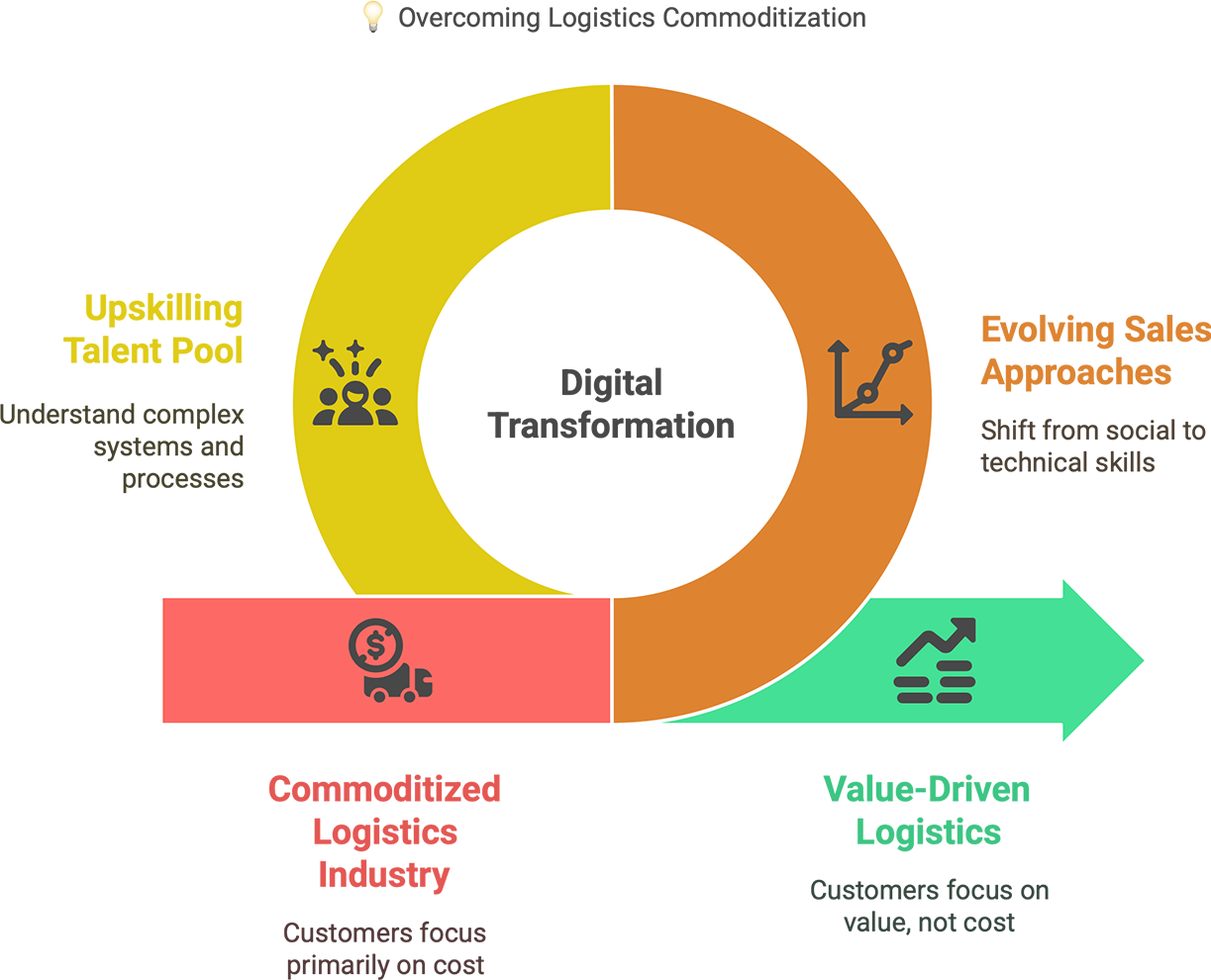The logistics industry is experiencing unprecedented disruption that’s fundamentally reshaping sales strategies. Recent interviews with leading CEOs and sales executives reveal key challenges and emerging solutions for driving growth in this dynamic environment.
Constant Change and Disruption
Aaron Scott, CEO of DB Schenker, identifies the sheer volume of change across the macro economy as a primary challenge. “Several of our larger clients are experiencing rapid growth and significant challenges. Their primary focus has been on quickly expanding their operations,” Scott explains.
Gavin Williams, Managing Director at GXO, reinforces this: “It feels like every day there’s something new that global supply chains need to rapidly adapt to. Having ultra-agile structures and mindset is critical.”

Evolving Customer Expectations
Customers now demand faster delivery, real-time tracking, and personalized experiences. Dan Myers, Managing Director at XPO, emphasizes that “Logistics businesses that are agile and can adapt to each individual customer’s needs will be the ones that prosper.”

Sales teams must position themselves as strategic partners rather than simple service providers, moving beyond price negotiations to comprehensive solution discussions.
Digital Transformation Impact
Traditional relationship-based selling is evolving into digitally-focused approaches. Jaap Bruining, SVP at Coyote Logistics, observes: “Old-day industry practices — like wining and dining — will not work anymore. Different ways of generating sales combined with a shift from social to technical skills are ahead.”

The Logistics Commoditization Problem
James Wroath, CEO of Wincanton, states bluntly that “the logistics industry is a commodity because we are ALLOWING it to be a commodity.” This perception creates challenging sales environments where customers focus primarily on cost rather than value.
Talent and Capability Gaps
Success depends on having skilled people who understand complex systems. Myers notes: “The industry absolutely needs good people, systems and processes… unless you’ve got good people that can understand the interrelationship between the two, that becomes a challenge.”
The industry’s image problem compounds talent acquisition difficulties, despite logistics adding £163 billion to the UK economy.

Key Success Strategies
Industry leaders recommend:
-
Embrace Agility: Develop structures that rapidly adapt to changing conditions
-
Invest in Technology: Digital transformation is essential for competitive sales operations
-
Focus on Value Creation: Move beyond commoditization through unique value propositions
-
Develop Talent: Build capable sales teams with technical and relationship skills
-
Improve Communication: Establish transparent systems that build customer trust
Conclusion
The logistics industry requires a fundamental shift from reactive, relationship-based selling to proactive, technology-enabled, value-focused sales strategies. Companies that successfully navigate this transformation while maintaining operational excellence will thrive in the evolving landscape.













Comments